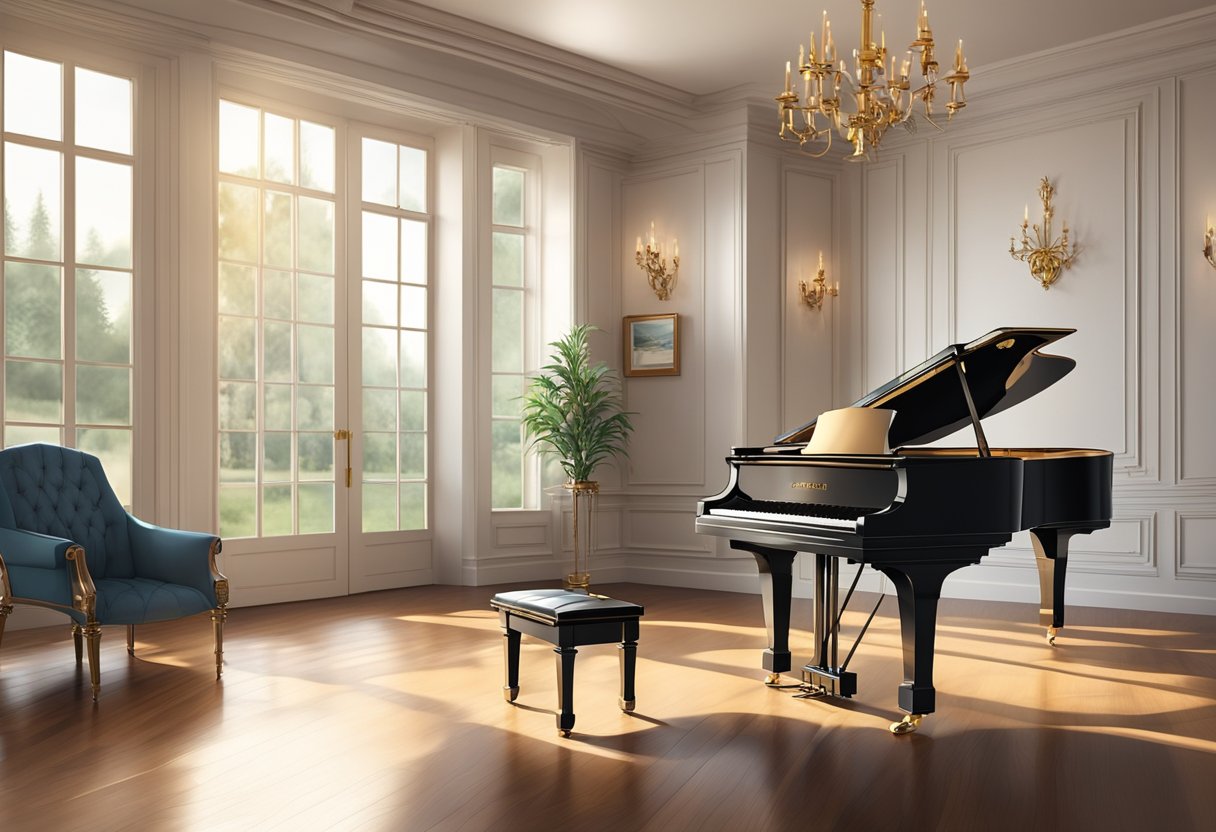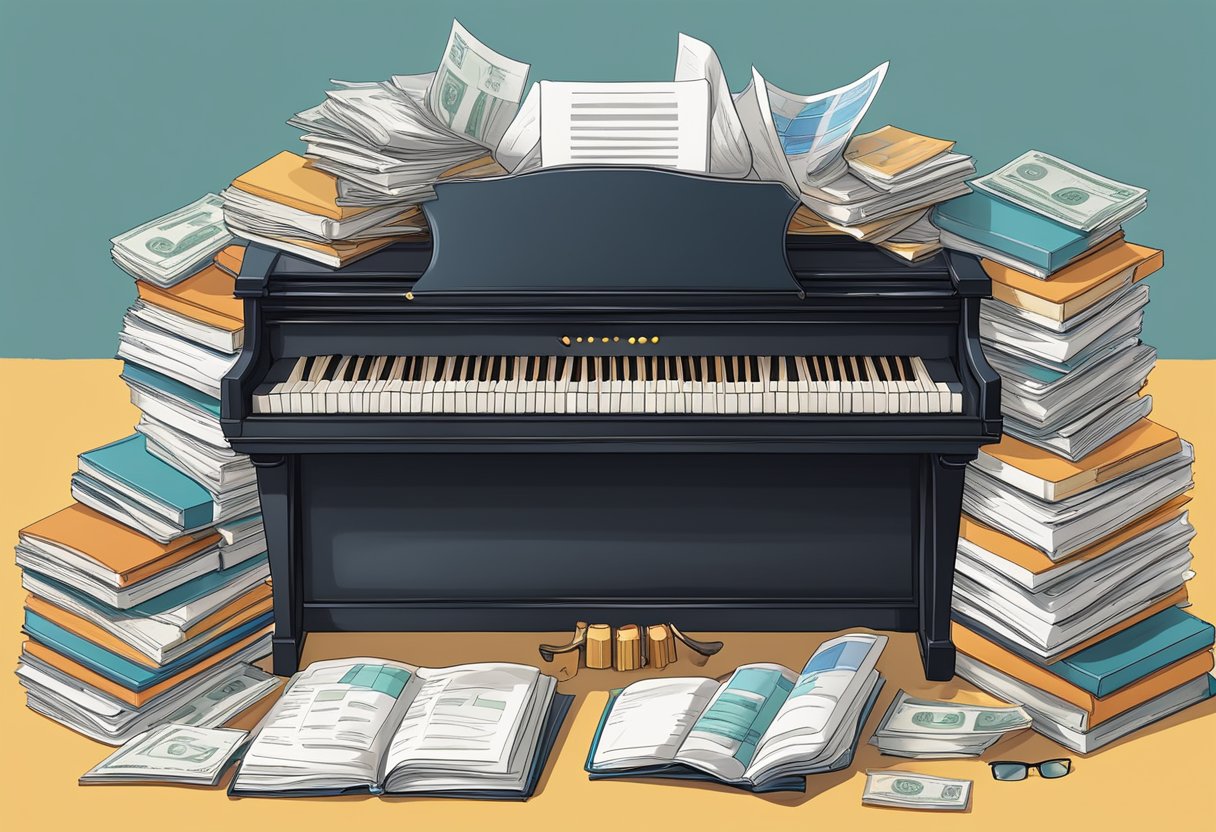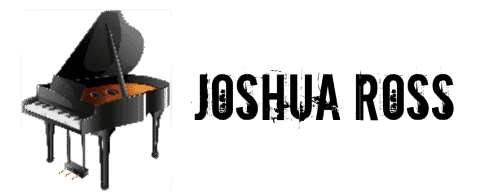As an Amazon Associate I earn from qualifying purchases.
Investing in a piano can be a wise decision if you value the enrichment of music in your life. Consider the awe-inspiring resonance of a grand piano in a concert hall, or the intimate warmth provided by an upright piano in a cozy living room setting.
These experiences underscore the dual roles a piano can play: as a cherished musical instrument and a potential financial investment.
Want to Learn Piano?Click Here

As a professional pianist and music teacher, I’ve seen the joy a well-chosen piano brings to individuals and families. It’s not just a piece of furniture, but a source of lifelong learning and pleasure. For example, a quality piano like a Steinway often retains value and can even appreciate over time, much like a fine work of art.
Your investment in a piano also brings cultural value and can foster a deep appreciation for the arts within your household. Many of my students have thrived intellectually and emotionally by having easy access to a piano at home.
It’s a tangible investment in your skills and personal development, facilitating countless hours of practice and enjoyment.
Assessing Piano As An Investment

When diving into the world of pianos as an investment, you’ll want to weigh the tangible depreciation of value over time against the intangible joy and education they provide.
Understanding Piano Value Depreciation
Let’s look into how pianos can depreciate. While an acoustic piano might seem timeless, its value, like any other item, can decrease. The first year is telling; a piano’s strings stretch, possibly requiring more frequent tunings.
High-quality pianos may hold their value longer, yet grand pianos, upright pianos, and especially digital pianos have different lifespans and depreciation rates.
Comparing Pianos to Other Investments
Investments like stocks or real estate can appreciate, but pianos often face a steady decline in resale value. If you’re assessing pianos purely as a financial venture, they may not perform like traditional investments. The value of a piano encompasses more than money – it includes cultural and educational worth.
Significance of Brand and Type
When considering investment, notable brands such as Steinway, Yamaha, Bechstein, and Bösendorfer typically retain value better due to their reputation for quality. The type of piano also matters; grand pianos are often deemed more valuable than uprights, and acoustic pianos typically come with higher esteem than digital ones.
Market Dynamics and Resale Prospects
The resale value of your piano is also subject to market dynamics. Demand can fluctuate; concert-grade instruments, like a Steinway grand, may have higher demand. Gently used, well-maintained pianos will usually resell for more than those showing wear and tear.
Educational Value
A significant aspect of a piano as an investment is its educational value. While it may not increase in monetary value, the personal and educational payoff of owning a piano – the skills you learn, the joy you derive – is priceless. For some, this culturally enriching asset is a good investment beyond dollars and cents.
Maintaining and Enhancing The Value Of Your Piano
Purchasing a piano is just the beginning; to ensure its value appreciates over time, diligent attention to care and maintenance is essential. A well-maintained piano not only retains its beauty but also offers the rich sound quality and touch that musicians desire.
Regular Care and Maintenance
Regular maintenance is crucial for your piano, akin to how routine check-ups are for your health. To keep your piano looking as stunning as the day you got it, whether it’s a polished ebony grand or a traditional finish upright, adopt a gentle cleaning regimen. Dust it frequently, and be vigilant about protecting it from scratches and stains—these tiny damages can accumulate over time.
The Impact of Regular Tuning and Repairs
The heart of a piano’s musicality lies within its tuning and internal mechanics. Regular tunings, ideally twice a year or with every season change, can prevent the strings from losing their melody and keep the music sparkling.
Attention to regulation and voicing is also paramount: these adjustments ensure the keys respond perfectly to your touch and the tone stays rich and vibrant. The precision of these tasks is often reflected in the longevity and the sustained value of the instrument.
Storage and Environmental Considerations
A piano is not just an instrument; it’s a delicate ecosystem of wood and metal that thrives in stable environments. Keep your piano in a room with controlled temperature and humidity to prevent warping or cracking of its high-quality soundboard.
An environment that’s too arid or damp can be detrimental. For large instruments like a grand or baby grand, ensure ample space to avoid any physical damage and to let the sound resonate fully. When storing a piano, temperature-controlled storage is the best option to preserve its condition and functionality.
By abiding by these guidelines, you ensure that your piano not just maintains, but potentially increases in value, all while making beautiful music for a lifetime. Whether for your enjoyment, your children’s lessons, or as an elegant piece in your home, a well-cared-for piano remains an asset in many ways.
Hello & thanks for stopping by! I’m a professional concert pianist and piano instructor. In the United States, I’ve given successful performances in several places including New York, Florida, Connecticut, & New Jersey, I have also performed internationally in Italy and made my Carnegie Hall debut in 2014. I enjoy blogging about the piano, the art of performance, general music, current events and the latest in music production.
